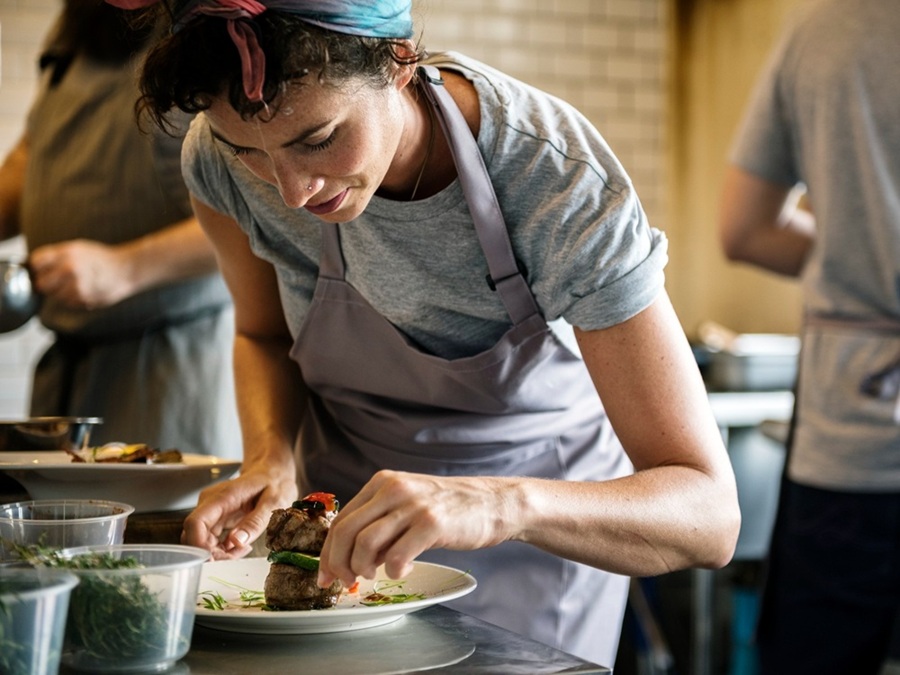Should you next vacation be a ‘skillcation’?
Still slothing to unwind and refresh? These days, more travelers are seeking opportunities for personal growth ― even while on vacation
EVEN IF CANADIANS are routinely leaving it on the table, a lot of us will agree: vacation time feels too short, and by the time you get back you wonder, ‘What exactly did I get out of that?’ With summer ending, perhaps this is a recent feeling, or maybe you’ve come back from a winter getaway asking if you’re really in a better place than when you left.
Click here to view this article in the London Inc. Worklife newsletter
If this sounds like you, you might be drawn to the idea of a ‘skillcation,’ a rising category of tourism trip that is exactly what it sounds like ― a trip oriented around learning a new skill or building on an existing skill or hobby.
Maybe you’re an avid home chef who might book a week of cooking classes, or even just an Airbnb with a bangin’ kitchen to mess around in. You could be learning to sail, or improve your photography, or be taking a week of immersive language lessons. Doesn’t really matter what it is, expert suggest, it’s more that it one-ups the traditional idea of the vacation, dominated by down time and relaxation, by revolving more around mental stimulus than mental recovery.
Story Continues Below
“Relaxation is what many people think when they think of recovery ― unwinding, maybe doing nothing, just relaxation,” said psychologist Sabine Sonnentag. “But that is not the only avenue to becoming recovered.”
Instead, the idea of a skillcation is that you gain the recovery benefits via “activities that are challenging,” continued Sonnentag. “For instance, learning a new language or pursuing a hobby that really asks to step outside one’s comfort zone.”
While you may have to forgo the long naps at the beach, proponents of the idea say you come back having a more active recovery under your belt, and you don’t feel sluggish upon return. “Learning a skill is associated with improved integrity of white matter, which is responsible for sending information between different parts of the brain,” explained psychologist Dr. Rebecca Mannis.
It’s a style of vacationing that is probably well-suited to the 2020s, with its emphasis on both recovery and the ever-present demands to improve yourself in some way. People’s vacation time is finite, and many are keen to maximize what they are getting out of their time off.
Story Continues Below
Not surprisingly, the travel and tourism industry has started to take note, recognizing people interested in skillcations are willing to invest a substantial chunk of change. “Thirty-nine per cent of travellers find skillcations appealing,” found a study by consultancy Future Partners, which added that “skillcation enthusiasts do have a much higher than average annual travel budget, at nearly US$7,000.”
The other thing is that they’re just fun. Your vacation doesn’t need to be a break from your hobbies; your vacation can be your hobbies, which is great if you’re someone who struggles to fit them into your daily life. “You can’t fret about work while you’re learning to rock climb,” wrote Inc.com contributor Jessica Stillman. “But you can as you go through the pages of a trashy beach read.” ![]() Kieran Delamont
Kieran Delamont

